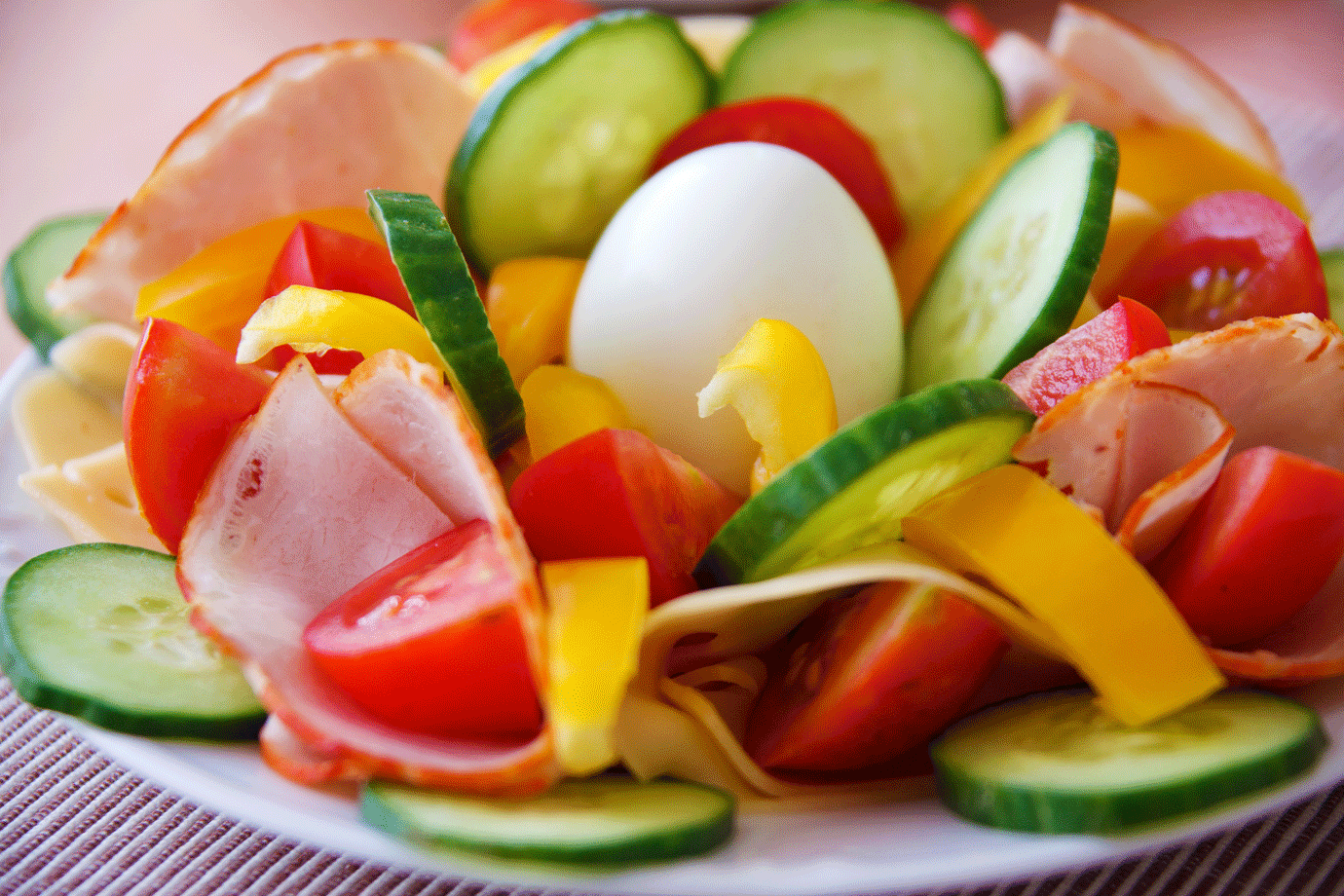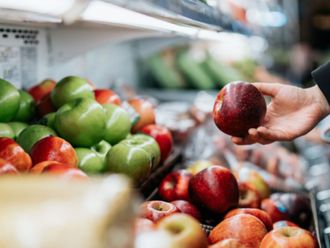
1. Don't skip suhour
Suhour provides the necessary energy to function through the day without feeling hungry.
“Suhour should include foods such as wholewheat bread, oats, bran flakes and complex carbs since they are slowly digested and maintain blood sugar levels,” said Aoun. “Processed carbs should be avoided since they spike insulin levels, leading to hunger and weight gain.”
2. Eat good, friendly fats
Good sources of fat, for example, says Aoun, are raw unsalted nuts, olive oil and avocado, which are also great foods for energy.
“Nuts give us energy and keep us full for eight to nine hours,” she said. “The body benefits from the omega-3 present, which helps sustain brain and nerve function, cleans the body and cells, promotes energy and improves heart functioning.”
The quantity of nuts consumed depends on the individual’s caloric needs. However, a person can have at least one handful of nuts per day, the equivalent to six raw and unsalted almonds.
The fats to avoid, says Aoun, are trans fats and saturated fats, often found in packaged foods like French fries, margarine, cake mixes and ramen noodles, since they raise LDL (bad cholesterol) and lower HDL (good cholesterol).
“The reason these fats are unhealthy is because most of them undergo hydrogenation, which is a chemical process that food manufacturers use to keep the fat in packaged foods from going bad,” said Aoun.
3. Cut down on caffeine
Caffeine is a diuretic, which leads to loss of fluids through urine. Aoun advises people to focus on drinking plenty of water to prevent dehydration between suhour and iftar.
“When it’s time for iftar, people should avoid fried, fatty and sugary foods that increase thirst and are empty calories that make you crave more food,” said Aoun.
4. Eat more fruits and vegetables
One of the main bad eating habits, according to Aoun, is little to no intake of fruit and vegetables during Ramadan. These in fact should be consumed on a daily basis to benefit the human body.
“Fruit and vegetables are rich in water and fibre which stay in the intestines for a long time and help reduce fats,” clarified Aoun. “Also, they are low in calories in comparison to sweets and pastries.”
5. Stay away from ready-made snacks and refined sugars
Dr Babu Shershad, Internist and CEO of First Medical Centre, recommends that people stay away from refined sugars or carbs and saturated fats which can cause dehydration and spike blood sugar levels.
Ideal options are fruit juices, water and for individuals to start their meals with soups, steamed vegetables or grilled foods rather than fried foods.
6. Do not replace water with fizzy drinks
Shershad advises people not to replace water with fizzy drinks when ending their fast at iftar.
“Those fasting should drink 2.5 litres of water between iftar and before going to sleep,” he said.











